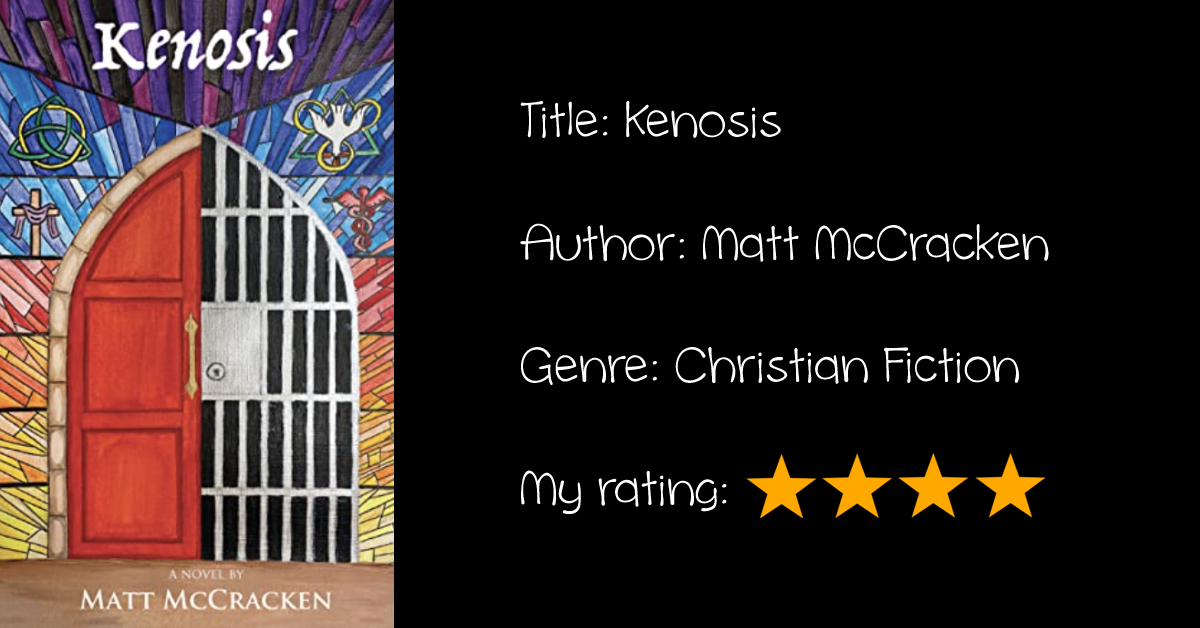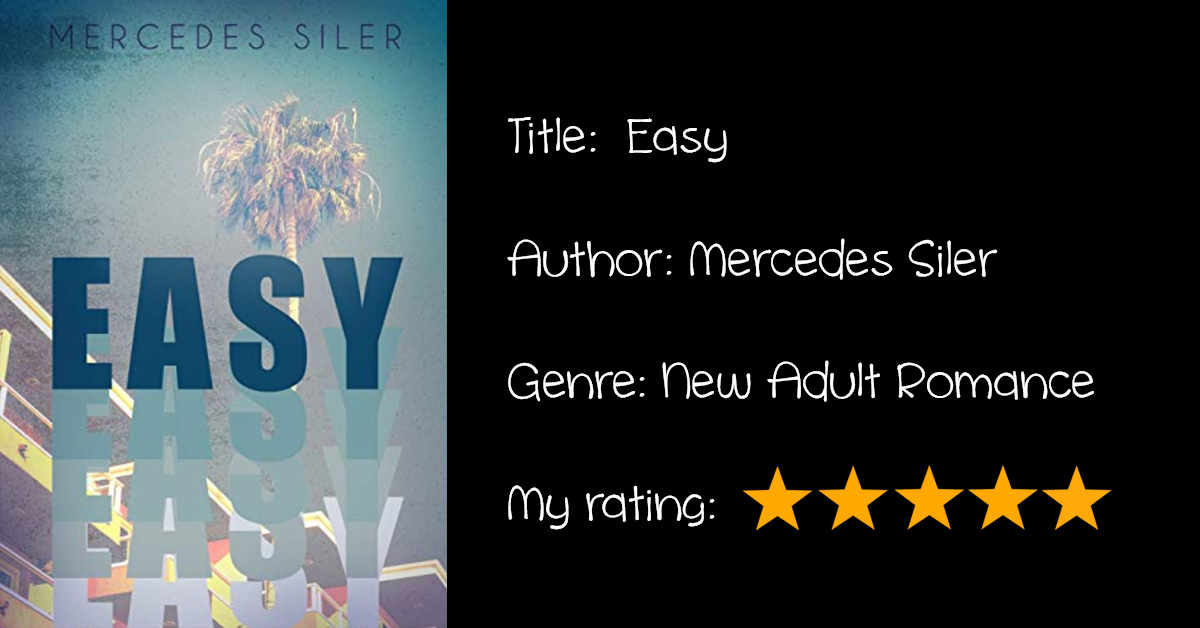Review: “Kenosis”
This book came to me via an ARC program, and I chose it because the synopsis sounded unlike anything I had ever read.
The Premise
Reverend Amos Richardson, Rector of St. Michael’s Episcopal Church outside of Richmond, Virginia, is a man of deep faith, confident in his gifts as a husband, father, and priest — that is, until he befriends a convict in Virginia’s prison system while his life goes into a downward spiral. Weathering this crisis, he questions his faith, his vocation, and even who he is at his core, and wonders if he will ever be the same again.
The Pros & Cons
“Kenosis” explores the thorny subjects of faith and religion. Centred on the life and trials of an Episcopal reverend, it explores an unusual friendship between a man of the cloth and a convicted felon who is doing time. In each other, they find a connection that transcends the disparities between the stations in their lives, and Reverend Amos Richardson is touched and forever changed by his interaction with Jess.
Amos is a husband, a father, and a spiritual leader in the community, yet we can also see the ways in which he behaves less than admirably: he disregards his wife’s and children’s needs at times in favor of his job, and succumbs to unhealthy vices when faced with challenges in his life.
The story moves along at a steady pace, revealing an imperfect man who is trying to cope with the cards he is dealt. It does seem a wee bit slow or uneventful at times in between the key points of action, but the poignant conversations and descriptions make up for this wonderfully.
The novel highlights the ways in which the Episcopal church is “deeply flawed” as it operates like a “feudal system” with distributed power, which often gets in the way of accomplishing anything. However, it underscores the advancements over the years to include more women, and the ongoing struggle for racial equality.
The conversations he has with Jess and with his peers reflect Amos’ more liberal beliefs (and I assume, the author’s as well!) and are candidly expressed. One of my favourites was:
“There is some scriptural support for condemning homosexuality, but you can argue that there is Biblical support for the subjugation of women or even slavery. […] Even if homosexuality is a sin, I can’t get worked up over it. It’s right up there with butt scratching, in my humble opinion.”
When Jess’ selfless act to aid a sick child has repercussions, Amos feels helpless as he cannot save him from the law. This leads to a series of events that unfold to unveil the seedy underbelly of faith-based care, which challenges Amos’ belief in his own religion when he sees other faiths showing more humanity in times of crisis.
I appreciated that despite the novel’s genre of Christian fiction, at no point does it feel overly “preachy” — the reader is guided to a balanced representation that evolves along with the main character. It was enlightening to see Amos knowingly fulfilling his part as a cog in the flawed machine of the Church, and then to later see the ways in which he chooses to be more active in influencing the changes he wishes to see. He showed significant growth by the story’s end — from a naive and idealistic priest, to a real leader worthy of the priesthood.
Conclusion
Overall, this was an interesting read and one I would recommend to others. The novel’s focus on deep, thought-provoking conversations will best suit a reflective reader who appreciates beautifully written prose that influences our own introspection. I will close with one of these that stayed with me:
[…] in most parishes about twenty percent of the parishioners carried the church […]. The remaining eighty percent simply attended on the occasional Sunday […] but wanted someone to baptize, confirm, marry, and then bury them. Religion was basically one of the many ornaments hanging from their tree of life.








